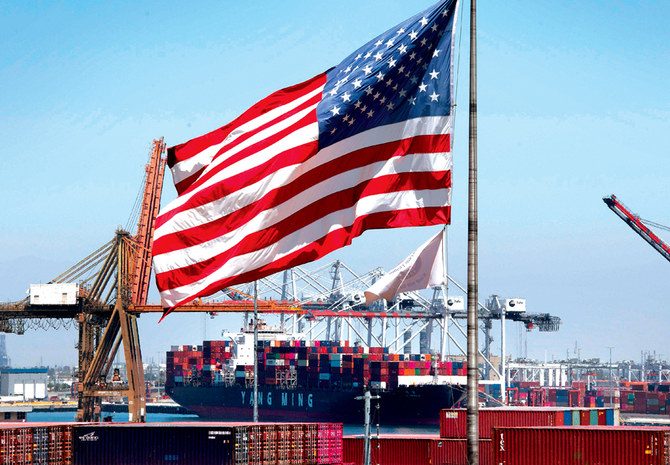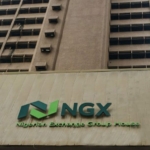
Growth in the US slowed considerably during the first three months of the year as interest rate increases and inflation took hold of an economy largely expected to decelerate even further ahead.
Gross domestic product, a measure of all goods and services produced for the period, rose at a 1.1 per cent annualized pace in the first quarter, the Commerce Department reported Thursday.
Economists surveyed by Dow Jones had been expecting growth of 2 per cent, reports CNBC on Thursday.
The growth rate followed a fourth quarter in which GDP rose 2.6per cent, part of a year that had a 2.1per cent increase.
The report also showed that the personal consumption expenditures price index, an inflation measure that the Federal Reserve follows closely, increased 4.2 per cent, ahead of the 3.7 per cent estimate. High inflation and slow growth is sometimes described as “stagflation,” which characterized the late 1970s and early ’80s U.S. economy.
Stocks initially reacted little to the report, with major indexes pointing to a higher open. Treasury yields increased.
The slowdown in growth came because of a decline in private inventory investment and a deceleration in nonresidential fixed investment, the report stated. The inventory slowdown took 2.26 percentage points off the headline number.
Consumer spending as measured by personal consumption expenditures increased 3.7per cent and exports were up 4.8 per cent. Gross private domestic investment tumbled 12.5 per cent.
“The U.S. economy is likely at an inflection point as consumer spending has softened in recent months,” said Jeffrey Roach, chief economist at LPL Financial. “The backward nature of the GDP report is possibly misleading for markets as we know consumers were still spending in January but since March, have pulled back as consumers are getting more pessimistic about the future.”
Argentina to pay for Chinese imports in Yuan instead of Dollars
Argentina will pay for Chinese imports in yuan instead of US dollars in order to preserve its dwindling foreign reserves, Economy Minister Sergio Massa said on Wednesday.
The South American country will be able to “program a volume of imports in yuan worth (the equivalent of) more than $1 billion from next month,” Massa said at a meeting in Buenos Aires with China’s ambassador Zou Xiaoli, reports AFP.
This would “replace” the use of Argentina’s US dollar reserves.




